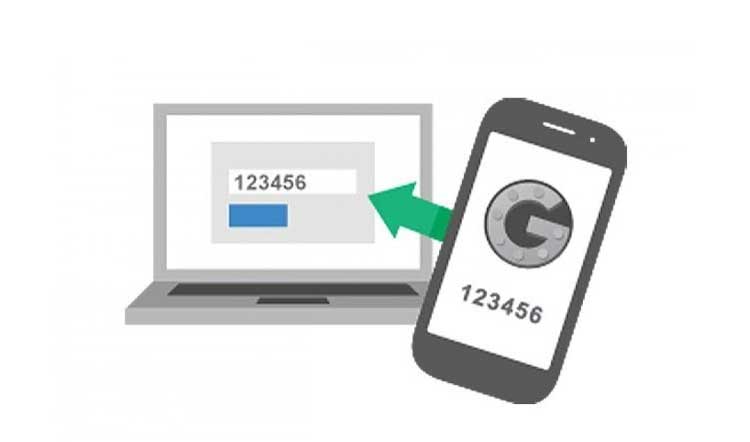SMS verification has become a crucial aspect of the digital world we live in today. Almost every digital platform that requires personal information now demands SMS verification to ensure user security and prevent fraud. SMS verification has become an essential tool that significantly contributes to securely managing digital identities. It’s not only used in online banking or websites that contain sensitive information but also in social media platforms to prevent fake identities. In this article, we will discuss the importance of SMS verification in today’s digital world to understand why it’s essential.
SMS Verification: Reasons You Need It
There are multiple reasons why SMS verification is necessary in today’s digital world. Some of the key ones are discussed below:
Preventing Fraud
With the growing technological advancements, online frauds are also increasing. Criminals come up with innovative ways to access sensitive information illegally. However, SMS verification has become an excellent solution to prevent fraud. When someone tries to login into an account, for example, a bank account, an OTP (one-time password) is generated and sent to the user’s registered phone number via SMS. This OTP is required to complete the login process, and without it, access to the account is denied. This process ensures that only the real account owner has access to their account and not someone who may have obtained the account information through illegal means. It is imperative that you select a reliable SMS verification service in order to receive the best service and protection. This way, SMS verification strengthens the security of digital platforms and prevents fraudulent activities.
Protection Against Phishing
Phishing is another severe threat to digital security. It’s a technique used by cybercriminals to obtain sensitive information from users through fake websites or emails, which look authentic. However, SMS verification ensures that users enter their login credentials on authentic websites only. After entering the details, the users receive an OTP via SMS to access their account, which ensures that their information is protected.
Prevents Fake Identities
Social media platforms are known for having fake profiles or bots. Such fake profiles can be used for cyberbullying, harassment, and even spread fake news. However, social media platforms use SMS verification to prevent fake identities. The user is required to validate their phone number by entering a code that is sent to their phone number via SMS. This ensures that the user account is genuine and avoids fake accounts from spreading false information.
Improves User Experience
SMS verification not only increases security but also improves user experience. Instead of having to remember multiple passwords for each platform, SMS verification only requires the user to remember their phone number. Users can complete the SMS verification with ease, and no complex instruction is necessary. It’s a simple, user-friendly process that doesn’t need the user to possess a high level of technical knowledge.
Cost-Effective Solution
Various digital platforms require the storage of sensitive information such as credit card numbers, addresses, and other personal information. However, storing such information securely is costly, and the costs add up over time. SMS verification is a cost-effective solution where no additional data storage is required. All that’s needed is a messaging service to send the OTP via SMS.
Embracing SMS Verification: A Secure Future for Digital Platforms
In today’s digital world, SMS verification has become a crucial solution to various digital security problems. By verifying through SMS, users’ sensitive information is stored safely, preventing fraud, phishing attempts, and fake identities. SMS verification is a cost-effective solution that improves user experience, and it’s a user-friendly process. Digital platforms such as banks, e-commerce websites, and social media platforms should provide SMS verification as a standard practice to protect their users’ sensitive information.

